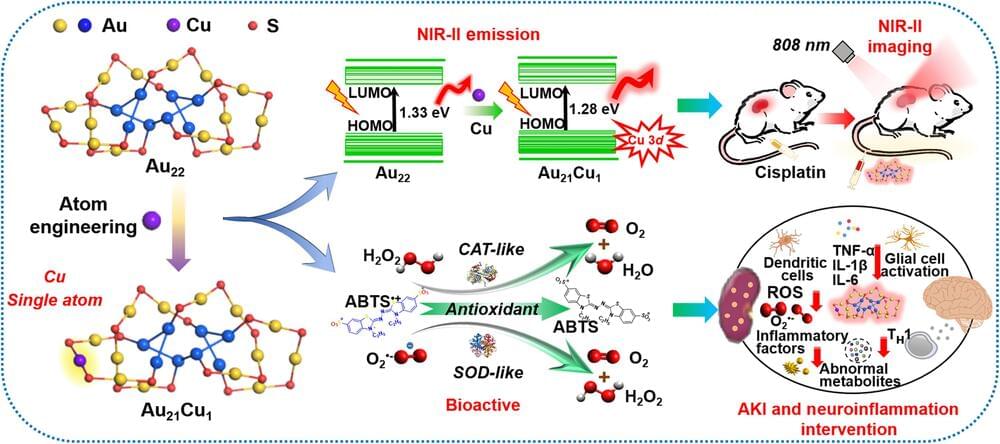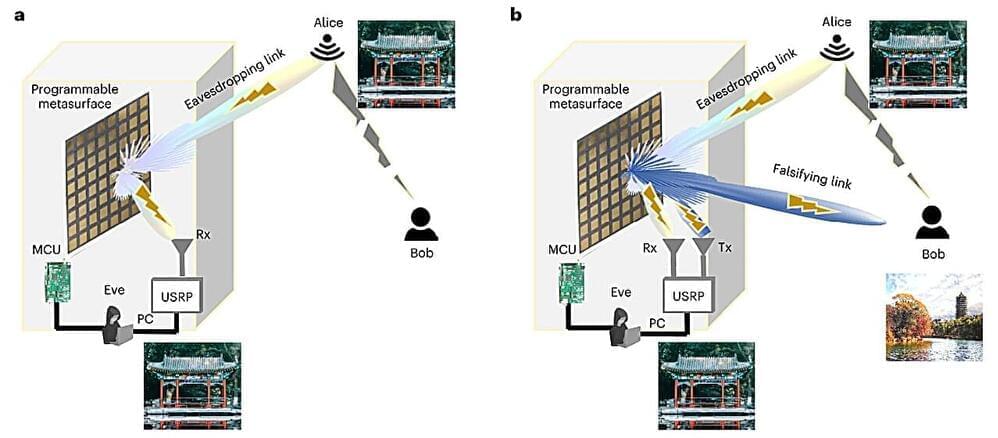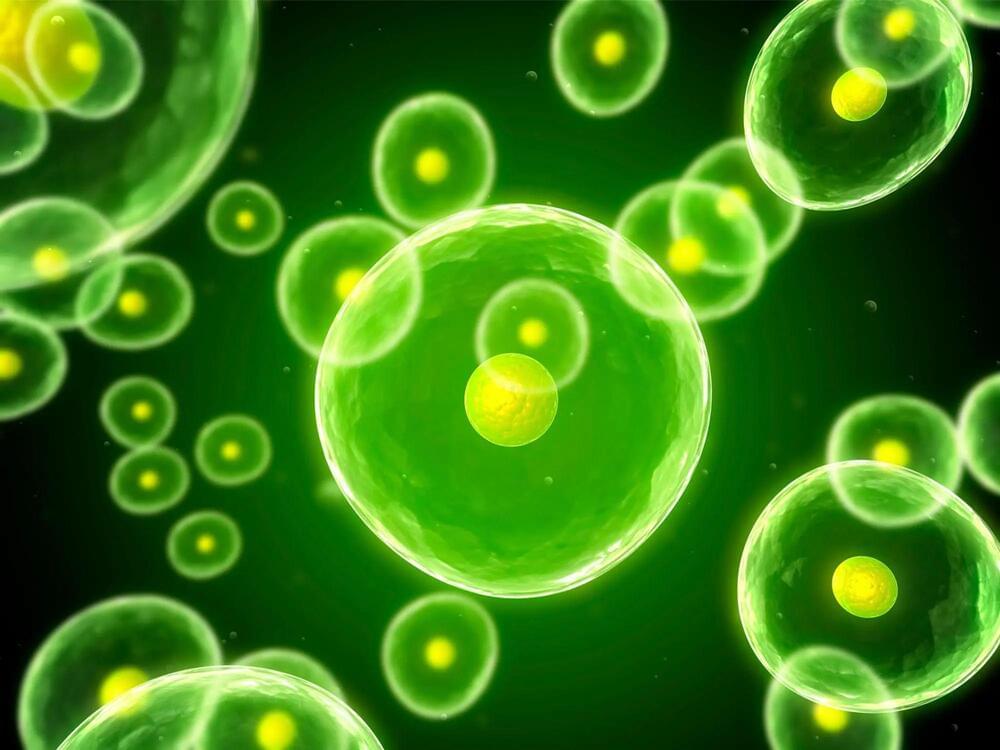Aug 27, 2023
How AI and AGI Are Paving the Way for Immortality in Longevity Research
Posted by Shubham Ghosh Roy in categories: biotech/medical, life extension, robotics/AI
In this video, we’ll dive deep into the cutting-edge research on how Artificial Intelligence (AI) and Artificial General Intelligence (AGI) are helping us to better understand the aging process and unlock the secrets to living forever.
We’ll discuss the latest breakthroughs in AI and AGI and how they are enabling researchers to analyze vast amounts of data, identify patterns, and make predictions that were once impossible. We’ll also explore how AI and AGI are being used to develop new treatments and therapies to prevent or reverse aging-related diseases within the Longevity Industry.
















